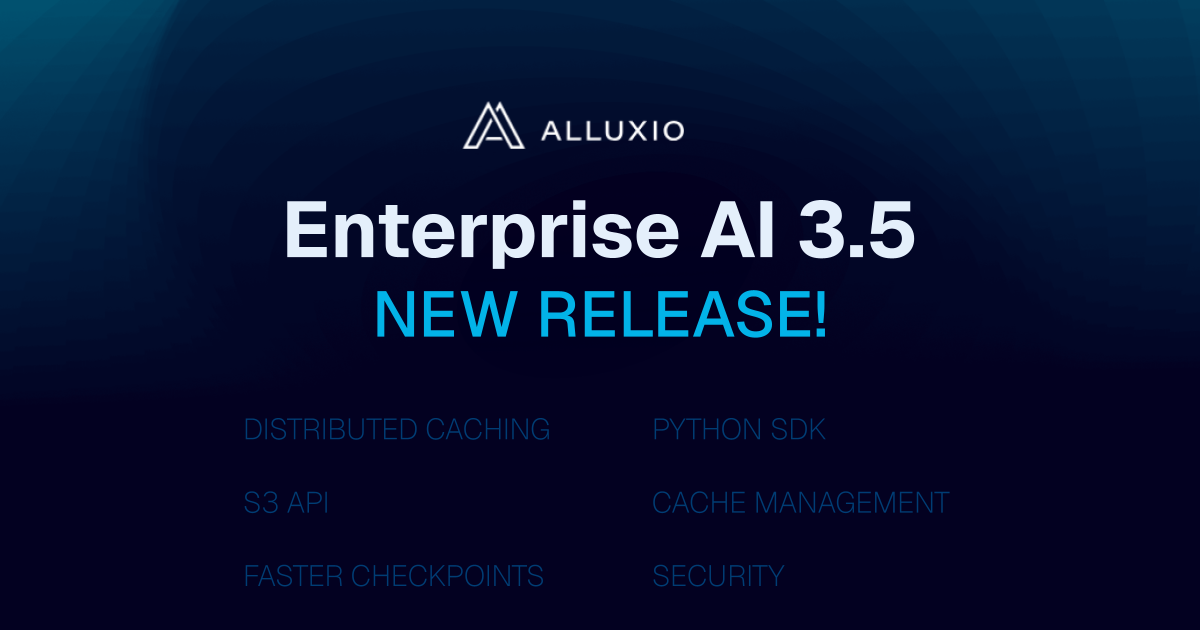Suresh Kumar Veerapathiran and Anudeep Kumar, engineering leaders at Uptycs, recently shared their experience of evolving their data platform and analytics architecture to power analytics through a generative AI interface. In their post on Medium titled Cache Me If You Can: Building a Lightning-Fast Analytics Cache at Terabyte Scale, Veerapathiran and Kumar provide detailed insights into the challenges they faced (and how they solved them) scaling their analytics solution that collects and reports on terabytes of telemetry data per day as part of Uptycs Cloud-Native Application Protection Platform (CNAPP) solutions.
To deliver real-time insights to users, Uptycs ingests high-volume, high-velocity telemetry data from a vast fleet of endpoints. This telemetry data, stored across thousands of tables with tens of thousands of columns in a centralized data lake, can be queried with a generative AI text-to-SQL engine that empowers users to easily get the insights they need without needing to understand how data is organized.
The data platform, originally built with Redis as a caching layer, was unable to meet the scale and performance requirements as data volumes exploded. In their article, Veerapathiran and Kumar detail their journey evaluating and selecting Alluxio Distributed Cache to replace Redis to deliver fast, scalable analytics solutions to their users.
Why Alluxio Makes a Difference
Uptycs evaluated several options before discovering Alluxio's unique capabilities that transformed their data infrastructure:
- Distributed Architecture: Unlike Redis's single-threaded bottleneck, Alluxio's fully distributed system handles concurrent operations efficiently, eliminating performance spikes even with large result sets.
- Leverage Different Storage Media: Configurable memory (RAM disk), SSD, and HDD layers optimize for both performance and cost, enabling sub-second query responses at scale.
- S3 API Compatibility: Seamless integration with Trino, DuckDB, and internal APIs allowed Uptycs to maintain existing workflows while gaining substantial performance improvements.
- Scalability Without Compromise: Alluxio scales horizontally without the hotspot issues of Redis clusters, maintaining performance as workloads grow.
Uptycs implemented Alluxio in a phased approach, beginning with replacing Redis for query result caching. Benchmark tests demonstrated that Alluxio performed on par with Redis at 300 requests per second while maintaining stability with larger payloads where Redis faltered. This initial success led Uptycs to expand Alluxio's role to power DuckDB analytics workloads, resulting in similar performance to Trino at just 1/10th the CPU usage.

In their third phase, Uptycs deployed Alluxio as a caching layer for S3, addressing the challenge of scanning over 300TB of data daily from S3/HDFS. This implementation reduced query latency, lowered S3 costs, and improved SLA adherence. The final phase integrated Generative AI with DuckDB and Alluxio, enabling interactive, natural language analysis of massive datasets.
At Alluxio, we're proud to see Uptycs achievements with our technology and are excited about the innovative ways they're leveraging our distributed caching solution. Their GenAI analytics project demonstrates how Alluxio can serve as more than just a caching layer—it becomes a central component of a high-performance, cost-effective analytics architecture. We're inspired by Uptycs's ambitious "Phase 5" journey, where GenAI will query their entire data lake through Alluxio, intelligently choosing between analytics engines based on workload characteristics.
Uptycs’s blog post highlights the transformative impact distributed caching has on a data platform’s performance and cost-efficiency. If your organization is facing similar challenges with AI or analytics data platforms, we invite you to connect with our experts to explore how Alluxio can help.
You can read the full story on Medium: Cache Me If You Can: Building a Lightning-Fast Analytics Cache at Terabyte Scale.
.png)
Blog

With the new year comes new features in Alluxio Enterprise AI! Just weeks into 2025 and we are already bringing you exciting new features to better manage, scale, and secure your AI data with Alluxio. From advanced cache management and improved write performance to our Python SDK and S3 API enhancements, our latest release of Alluxio Enterprise AI delivers more power and performance to your AI workloads. Without further ado, let’s dig into the details.

We are thrilled to announce the general availability of Alluxio Enterprise for Data Analytics 3.2! With data volumes continuing to grow at exponential rates, data platform teams face challenges in maintaining query performance, managing infrastructure costs, and ensuring scalability. This latest version of Alluxio addresses these challenges head-on with groundbreaking improvements in scalability, performance, and cost-efficiency.

.png)